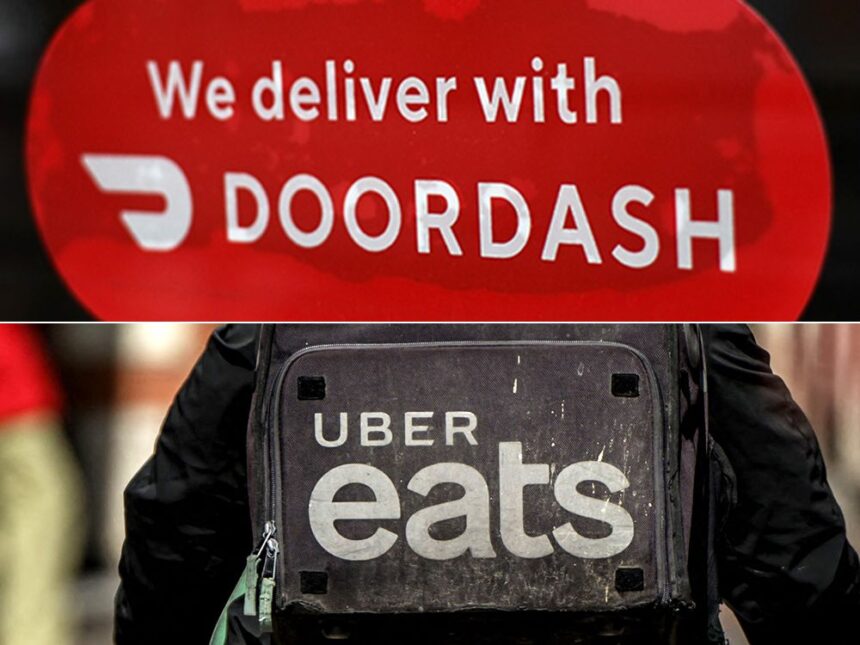The Canadian food delivery landscape faces a watershed moment as major platforms find themselves in the crosshairs of intensifying legal scrutiny. Last week, a Montreal-based law firm launched a class-action lawsuit against industry giants SkipTheDishes, DoorDash, and Uber Eats, alleging systematic “drip pricing” practices that have potentially misled millions of Canadian consumers.
The lawsuit, spearheaded by consumer rights attorney Martine Durocher, alleges these platforms advertise deceptively low delivery fees only to add substantial additional charges during checkout—a practice known as “drip pricing” that may violate Quebec’s Consumer Protection Act and similar legislation across Canada.
“What we’re seeing is a digital bait-and-switch that fundamentally undermines consumer trust,” Durocher stated in court documents. “Canadians deserve transparent pricing from the outset, not a series of escalating surprises as they progress through their order.”
The legal challenge follows a growing trend of regulatory attention toward the gig economy. Canada’s Competition Bureau has increasingly targeted what it describes as “digital marketplace deception,” with Commissioner Matthew Boswell recently emphasizing that “online transactions demand the same level of transparency as traditional commerce.”
An analysis of the delivery platforms reveals a striking pattern. Orders initially advertised with delivery fees of $1.99 to $3.99 frequently balloon to nearly triple those amounts after service fees, “small order” surcharges, and other additions are applied—all before considering driver gratuities.
Industry response has been measured but defensive. DoorDash representatives told CO24 Business that their platform “provides clear, itemized cost breakdowns before any customer confirms an order,” while SkipTheDishes maintains that all fees comply with provincial regulations and reflect “the true costs of providing convenient delivery services.”
Consumer advocacy groups, however, paint a different picture. The Consumers’ Association of Canada reports that complaints regarding delivery app pricing have increased by 278% since 2020, with price transparency consistently ranking as the top concern.
“The pandemic created a captive audience dependent on these services,” explains economist Patricia Harding from the University of Toronto’s Digital Commerce Research Institute. “This lawsuit represents an inevitable pushback against pricing models that developed during a period of limited consumer alternatives.”
The legal proceedings coincide with legislative movements across multiple provinces. British Columbia recently introduced amendments to strengthen its Business Practices and Consumer Protection Act, while Ontario’s provincial government has established a committee specifically examining digital marketplace transparency.
For affected consumers, the class action potentially offers restitution for fees paid since 2018, though legal experts caution that such proceedings typically advance slowly through the Canadian legal system.
The implications extend beyond the delivery sector. Political analysts suggest this case could accelerate broader regulatory frameworks for digital commerce, particularly as pandemic-era consumer habits become permanent fixtures in the Canadian economy.
As this case unfolds, a central question emerges for Canadian consumers and businesses alike: in our increasingly digital marketplace, who bears responsibility for ensuring pricing transparency—established regulatory bodies, innovative tech companies, or vigilant consumers themselves?










